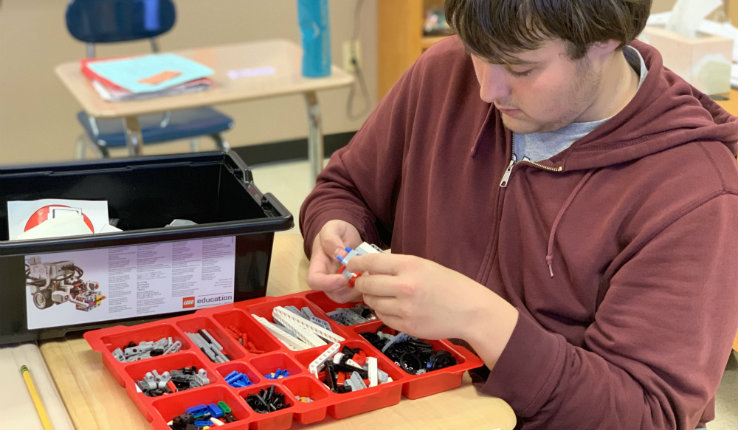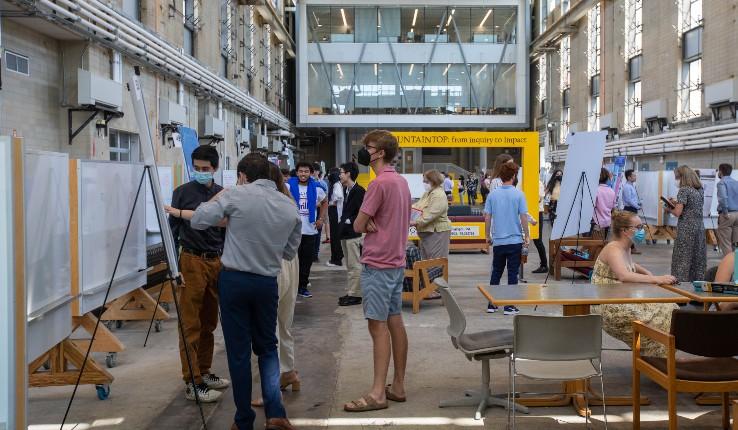Over the next 10 years, 70 percent of new jobs in Pennsylvania are expected to require that workers use computers and new technologies. It’s why Gov. Tom Wolf has been rolling out PAsmart, an initiative which focuses on education expansion in STEM and preparing students for the state’s future job market.
Following Wolf’s lead, Jessica Barberry, lead teacher, and Sara Heintzelman, technology integration specialist at Centennial School of Lehigh University, obtained a grant to pay for robotics kits to help the school adjust its curriculum and better prepare its students for the future.
Barberry, as the high school program’s 2018 Keystone Technology Innovator nominee, attended a technology summit last summer, where she met a teacher who used Lego EV3 Mindstorm robotics kits in the classroom. The educator gave a presentation on the implementation of the kits in schools, showing how something quite complex could be turned into something his students could use effectively, Barberry says. She wanted to bring that concept to Centennial School.
In addition to Legos, the Lego EV3 Mindstorm robotics kits include the EV3 Intelligent Brick, which is described as a compact and powerful programmable computer that allows users to control motors and collect sensor feedback. Barberry compared the Brick to the credit card-sized Raspberry Pi and says the device is similar to what someone testing an HVAC system might use or a mechanic who is trying to figure out why a check engine light is lit.





